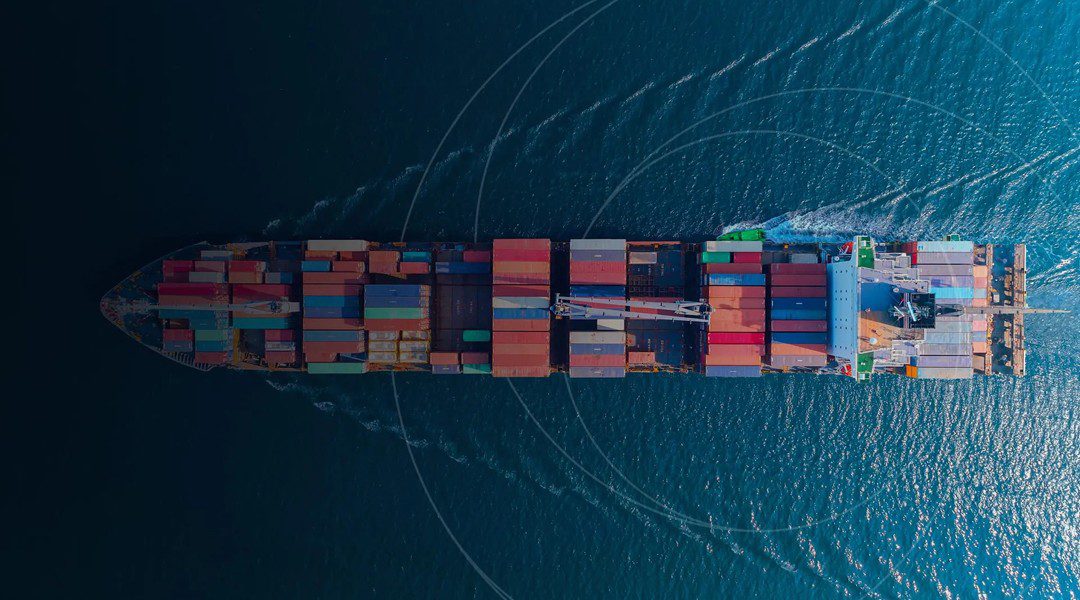The Maritime Technologies Forum (MTF), a grouping of flag
states and class societies that looks to join up the dots between technological
capability and regulatory requirements, has published an assessment to compare
the feasibility and readiness of alternative marine fuels.
The publication’s primary author, Georgios Plevrakis, ABS
Vice President for Sustainability, said that “we are pleased to deliver this
report which further underscores the need to collaborate on training and to
conduct pilot projects for alternative fuels if we are going to meet the
industry’s decarbonisation goals. Applying MTF’s framework to alternative fuel
options provides a critical snapshot on readiness and identifies the gaps where
we need to refine our focus and increase our research efforts if we are to
develop economic and technologically feasible fuel options.”
The assessment applied MTF’s Framework for Assessing
Decarbonization Technologies and Alternative Energy Carriers to fossil MGO,
fossil LNG, bio-methanol and green ammonia.
The framework covers eight categories of evaluation:
In addition to assessing each fuel based on the relevant
criteria, the evaluation also takes into consideration the level of availability
of data to support the assessment.
Results of the assessment are presented in the form of
heatmaps, aiding the identification of hot spots that are areas requiring more
attention, helping guide future industry efforts to rapidly decarbonize in
support of global ambitions as reiterated at COP 27.
The report found that when bio-methanol and green ammonia
were compared to fossil MGO and LNG they performed better in the sustainability
and environmental category, but scored lower in other key categories, primarily
due to the lack of a comparable fuel value chain.
As regulations and research for bio-methanol and green
ammonia expand, MTF expected that they would become increasingly competitive
fuel solutions.
The assessment also found that, because bio-methanol and
green ammonia lacked sufficient data, more training and pilot projects would be
needed to better understand the economic feasibility of both fuel solutions and
to gain practical experience to build a scalable and global workforce.
Knut Arild Hareide, Director General of Shipping and
Navigation at the Norwegian Maritime Authority said that “the anticipated and
much-needed scaling of handling more hazardous fuels such as liquefied methane,
methanol, ammonia but also hydrogen, in liquid or gaseous state, requires
competence building and certified training to ensure the safe decarbonization
of shipping. Working with our colleagues from major class societies and other
flag administrations to apply this framework was an important step forward in
helping identify future priorities and needs for further development.”
The full report can be downloaded from the MTF website.
Members of the MTF include the flag state administrations of Norway, Japan and
the UK, and class societies ABS, DNV, LR and ClassNK.






